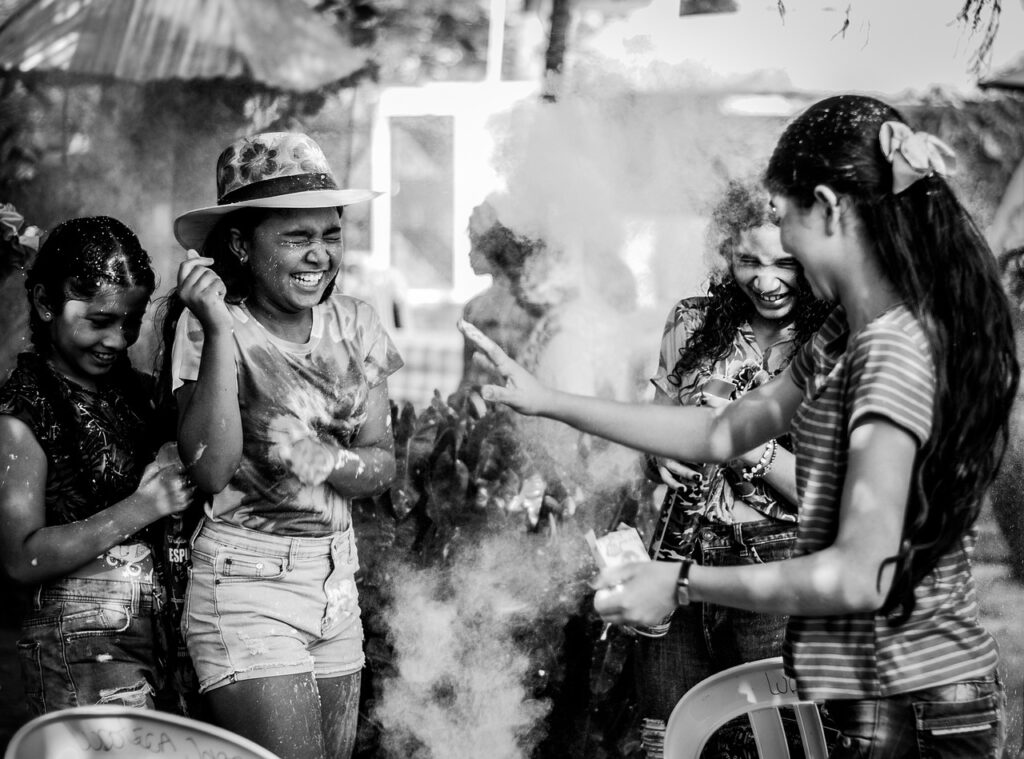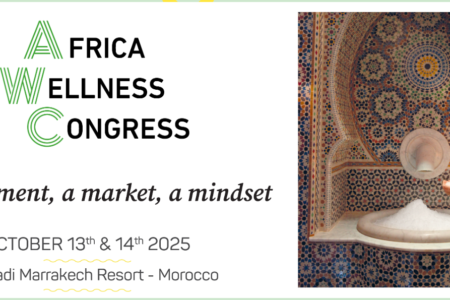Summer is, for many, synonymous with freedom, rest and disconnection. But when this quest for pleasure becomes a constant race for social validation and immediate stimulation, the result can be very different from well-being. At this time of year, risky behaviours increase and, in many cases, addiction relapses, a reality that is of particular concern to mental health and emotional wellbeing professionals.
"It's not just about having a good time, it's about looking like you're having the best summer ever".Maria Quevedo, director of treatment at the RECAL Clinicspecialising in addiction rehabilitation. The pressure to show a perfect life on social media, coupled with the relaxation of routines and the reduced burden of responsibilities, can create fertile ground for impulsive drinking, drug use or even the abuse of technology and shopping.

The invisible side of summer
Although many people experience summer as a pleasant break, it can also be a time of particular vulnerability. Too much free time, nightlife, the normalisation of consumption and emotional disconnection create a cocktail that encourages excesses.
"The disconnection that is sought can end up becoming an emotional disconnection that leaves us more vulnerable to any impulse or excess".Quevedo warns. Among the most common addictions during the summer are alcohol, cannabis, cocaine, compulsive use of smartphones and social media, as well as shopping addiction. The constant need for stimulation and exposure to seemingly perfect lives on social media not only generates frustration, but also a dangerous feeling of permanent dissatisfaction.
The RECAL Clinic points out that every summer the number of people seeking help increases, either due to relapses or first episodes of problematic consumption detected by family members. "Many come after a party, a trip or a situation that gets out of hand", they explain.
What can we do to prevent?
María Quevedo insists that summer also needs limits: "The idea that anything goes because we are on holiday can be very dangerous, especially for those who are emotionally fragile or in recovery. The key, experts say, is not to prohibit oneself from enjoying, but to cultivate a more conscious, connected and balanced enjoyment.
Some recommendations from the RECAL team to reduce the risk of relapse or abuse in summer include:
- Breaking the routine in a healthy wayWalking, making plans with people you trust or exploring unfinished hobbies help you to manage your free time better.
- Practising sportPhysical exercise stabilises the emotional state and improves mental health.
- Reducing digital consumptionSocial media overuse can upset our emotional balance. Taking breaks from the mobile phone can help us to calm down.
- Promoting conscious leisureReading, painting, playing music or simply resting with quality help to reconnect with oneself.
And above all, ask for help without waiting for the end of the summer. "What starts as a one-off excess can turn into something more serious if it is not detected in time," says Quevedo.

A conversation can make a difference
Being attentive to changes in behaviour, respecting one's boundaries and cultivating spaces for emotional wellbeing are key strategies for a more mindful summer. Sometimes it all starts with an honest conversation, without judgement or labels. If in doubt, seeking professional counselling can be the first step towards recovery.






